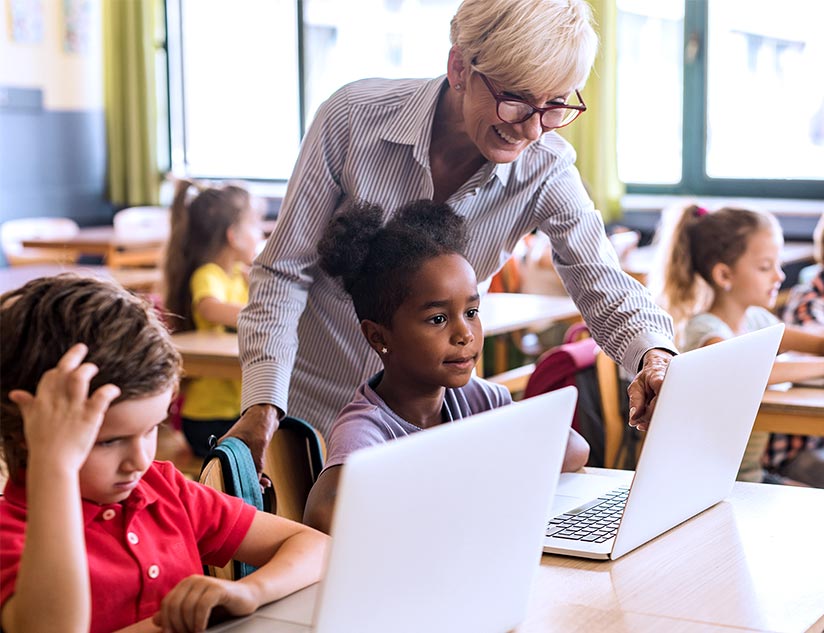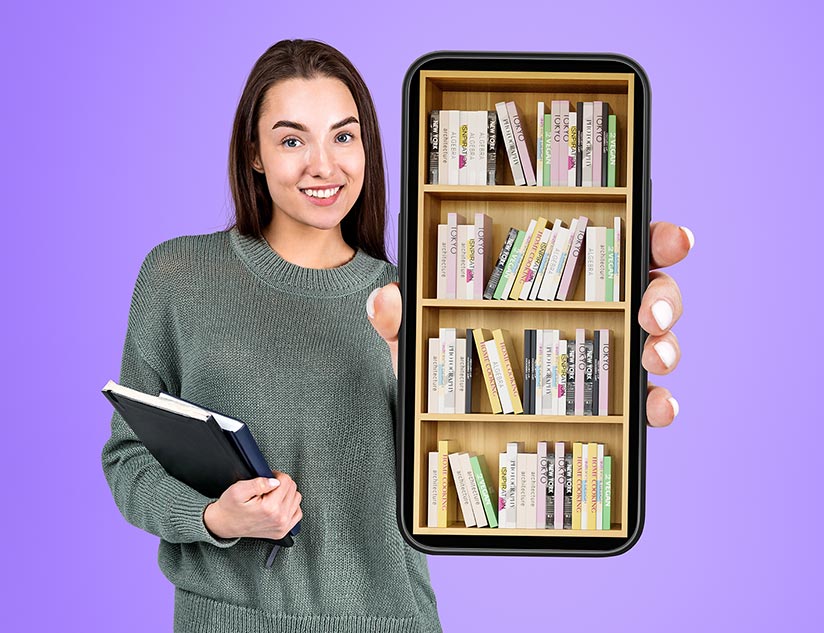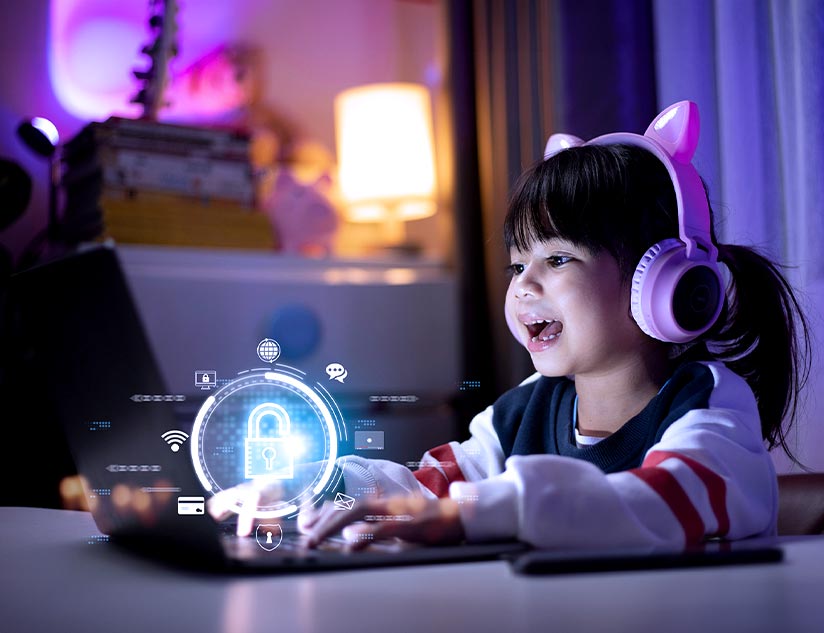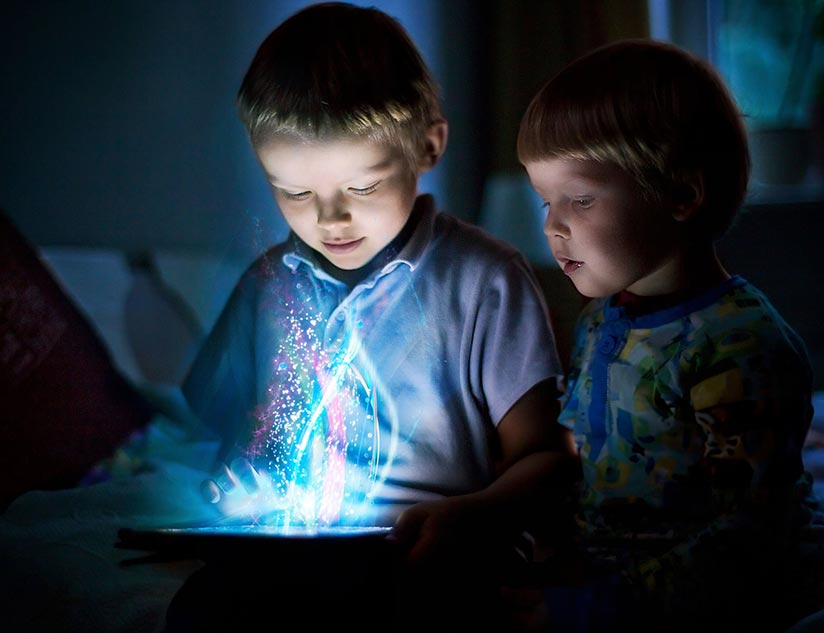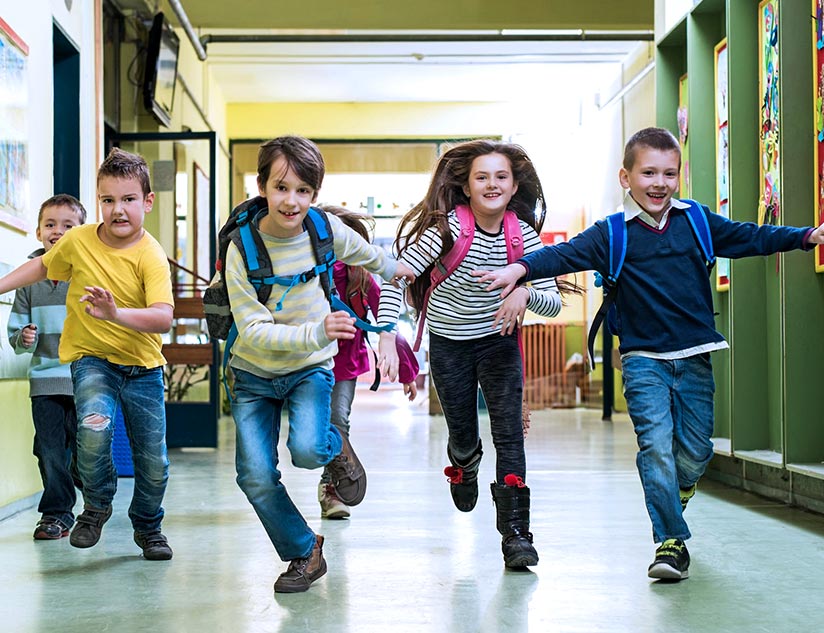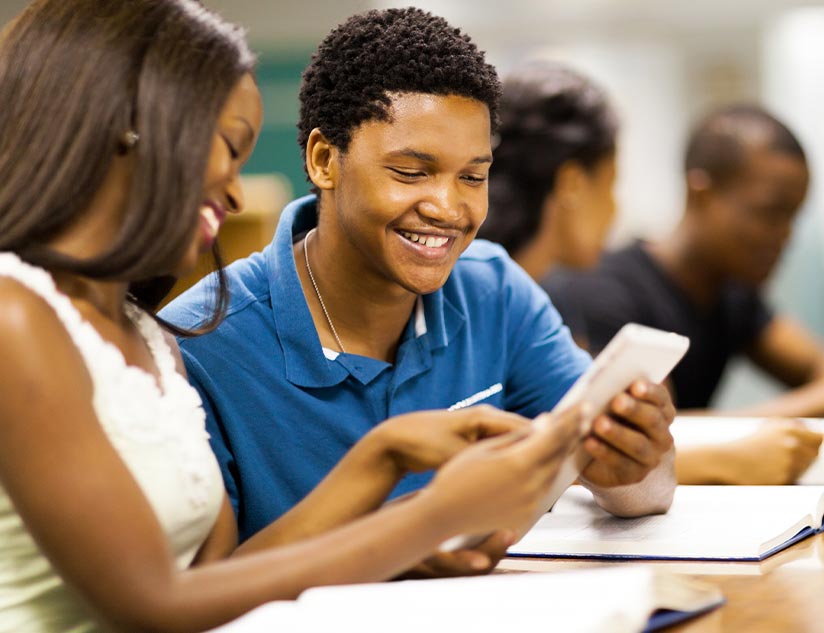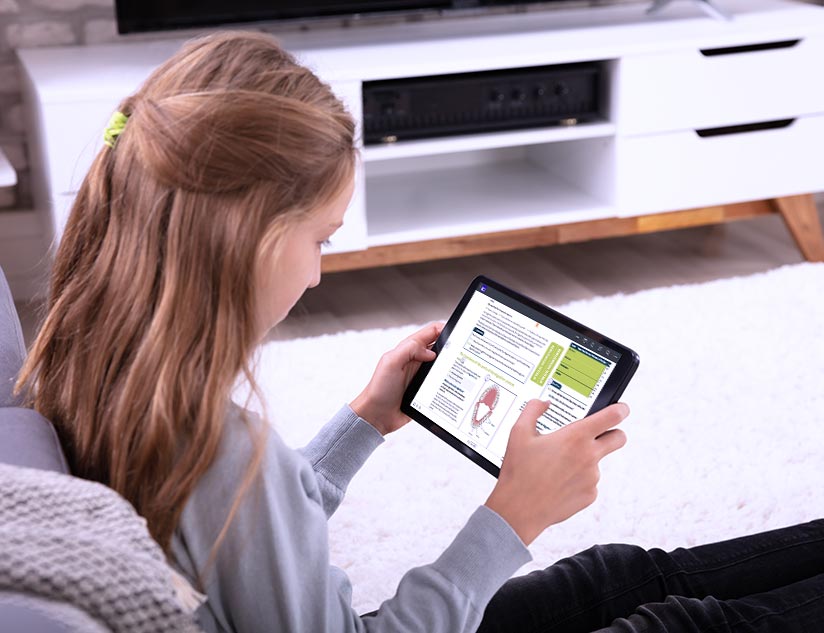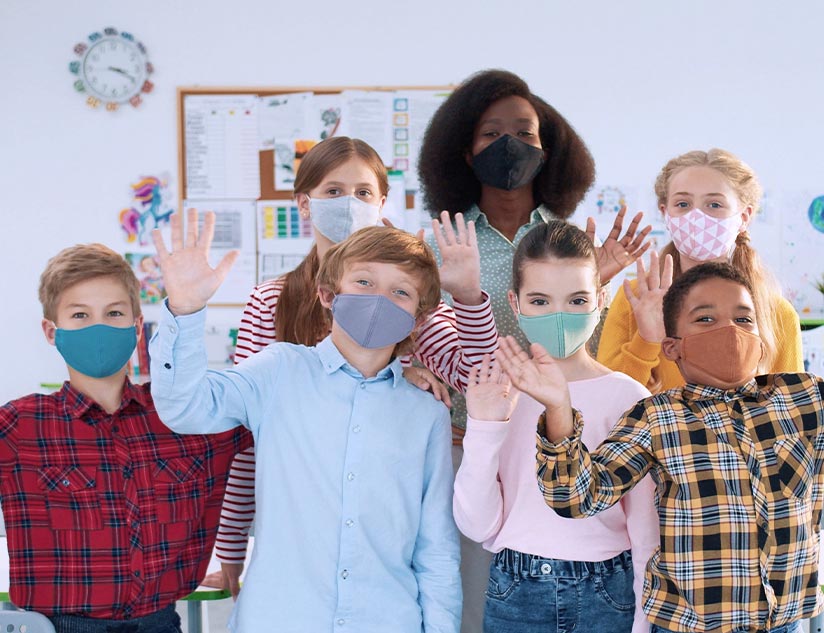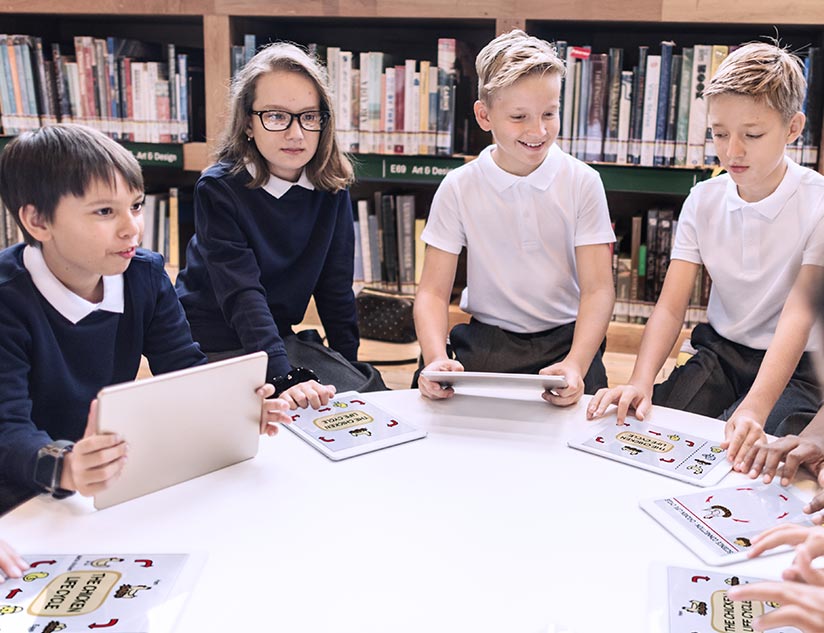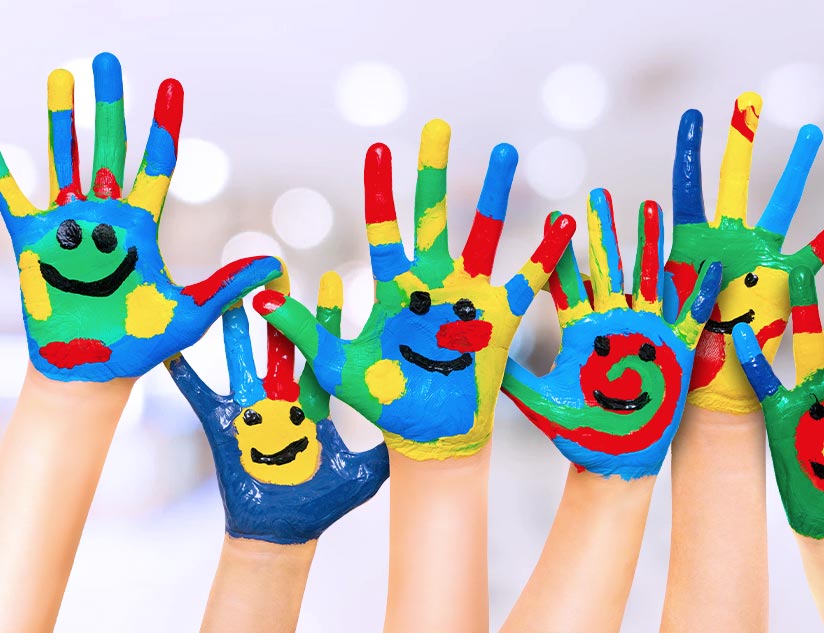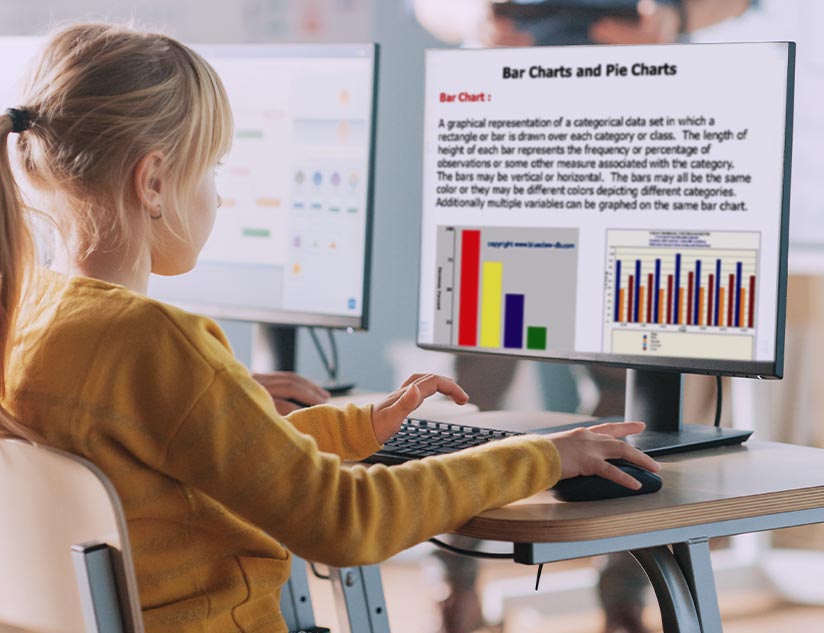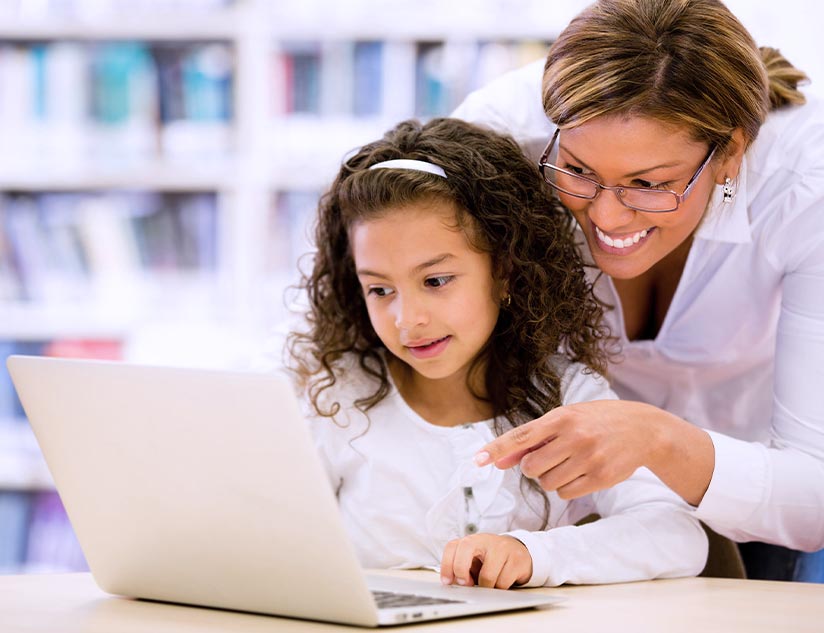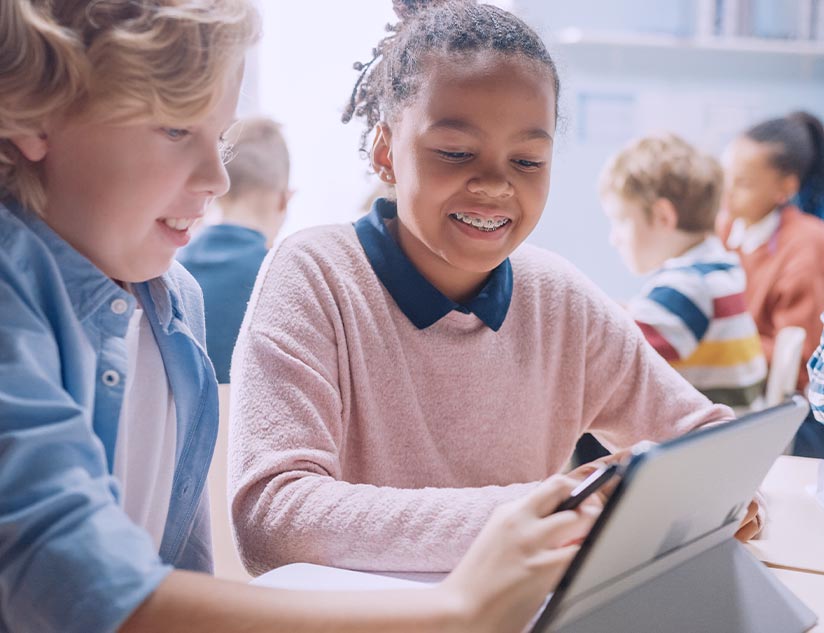5 Lessons COVID-19 Has Taught Us About Education
November 17th, 2020
Education was one of the worst affected sectors by the COVID-19 pandemic. In fact, almost a billion students were left without classrooms by the closing of schools in the first quarter of 2020. Educational institutions across the globe were forced to make changes that had never been seen before. There was an accelerated shift to digital learning to safeguard the wellbeing of students and teachers while ensuring continuing education.
But, during such unprecedented times, there were plenty of lessons to be learned as well. This massive digital learning experiment managed to uncover issues entrenched in our education system, some almost 200 years old.
Here are the 5 top lessons COVID-19 has taught us about education.
1. Large Sections of Society Lack Necessary Tools and Internet Access
During the pandemic, it became painfully clear that a large number of students lacked access to a reliable internet connection and electronic devices. Around one-fourth of households in America do not have access to a reliable broadband connection. There are also many households that do not possess a computer, or a single computer is being used by the entire family.
This resulted in the lack of access to digital learning, especially in lower-income households. In fact, a survey revealed that 4 in 10 children belonging to low-income homes were only getting access to remote learning once a week or less. On the other hand, in high-income households, 83% of the students could access remote learning every day.
One of the solutions to this problem could be increasing access to internet bandwidth and devices. A more reasonable solution would be to provide learning through platforms that offer access via multiple devices, including smartphone. In addition, if there is the facility for access to offline content as well, students will be able to download content when they have internet access and then view it later, at their own convenience.
2. Effective Remote Learning Requires the Human Touch
Many educators found out that if used incorrectly, technology can make students feel more isolated and alone. Also, without the human connection, students tended to feel bored with what seemed like an automated lesson on the screen. This would result in lower engagement, confidence and retention levels.
On the other hand, when the right tools for collaborative learning, group assignments, and personalized feedback from teachers are used, academic outcomes improve. One of the ways to achieve this is by not solely relying on text-based lessons. Instead, teachers can use audio and video tools to deliver learning material. Just hearing the voice of the teacher can provide the student a sense of connection to the community. Videos also help instructors connect emotionally to the students with their facial expressions, gestures and intonation. They can also convey much more information through these aspects.
3. Digital Security is Vital
At the start of the pandemic, many institutions were using the Zoom video conferencing app for lessons. But this did not turn out to be a good idea, given that Zoom was soon embroiled in data privacy issues.
When learning goes digital, a wide range of student data is collected, such as, biometrics, academic scores, medical information, geolocation, personally identifiable information (PII), IP addresses, web browsing history, and classroom activity. This makes it vital to ensure that the digital learning platform being used has strong security measures in place. It should also be compliant with federal privacy laws, such as COPPA and FERPA.
4. Teachers Deserve More Recognition
With children learning from home, many of us have realized how much effort goes into teaching. In fact, a survey has shown that 80% of the parents have a newfound respect for educators, after the stay-at-home mandate. During the pandemic, teachers had to work even harder. They had to learn new technologies and find ways to effectively deliver lessons online.
Among the frontline warriors, therefore, teachers and educators should also be counted as heroes, due to the huge effort they have put in to ensure continuation of education.
5. Personalization is Vital for Effective Education
Personalized learning allows students to learn at their own pace, have different learning styles, and boost engagement. Although personalization is not a new concept, the pandemic has brought it to the forefront, with educators realizing that we now have the tools to implement excellent personalized learning.
Teachers and educational institutes can use learning platforms, such as MagicBox™, which provide robust analytics and custom reports for educators to track student learning behavior and progress. This helps in creating personalized learning paths. Teachers can also provide personalized video assessments, with time-stamped text and video comments.
The pandemic has made 2020 a difficult and challenging year. But in these turbulent times lies great opportunities to learn and grow. Platforms, such as MagicBox™, provide all the resources needed to implement the learning from this period to education. To learn more about MagicBox™, contact us.


